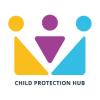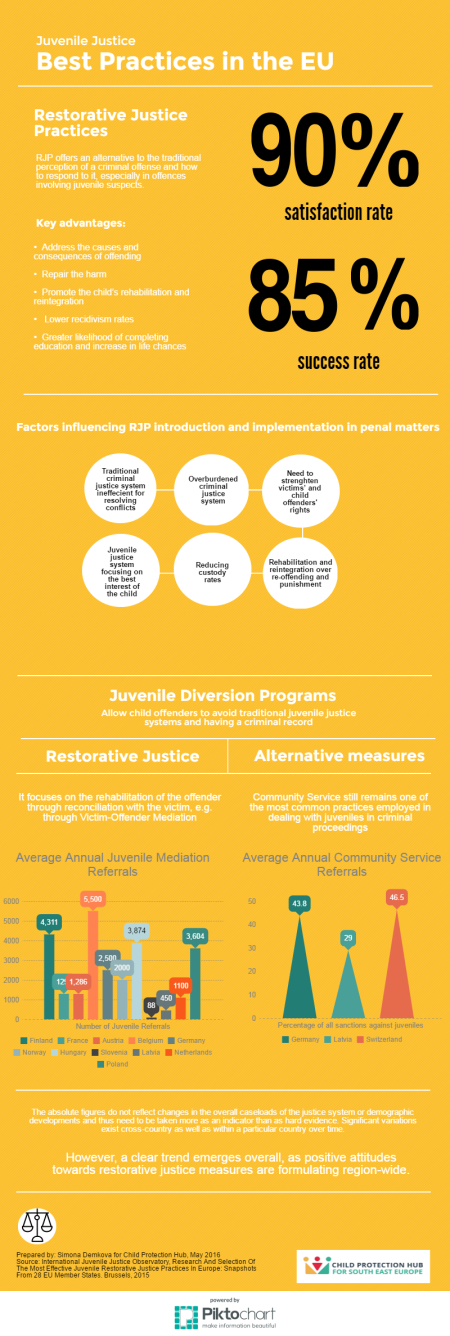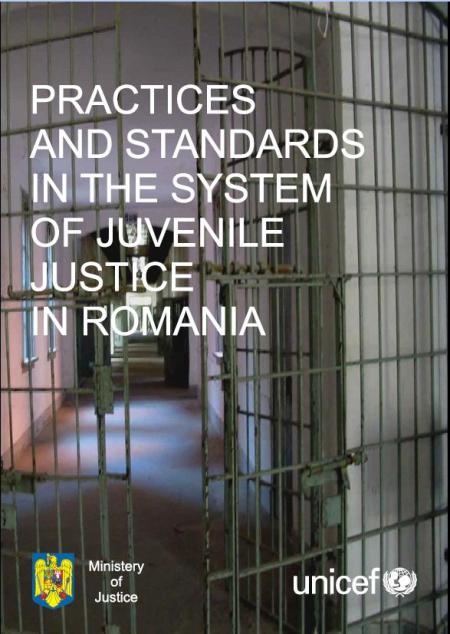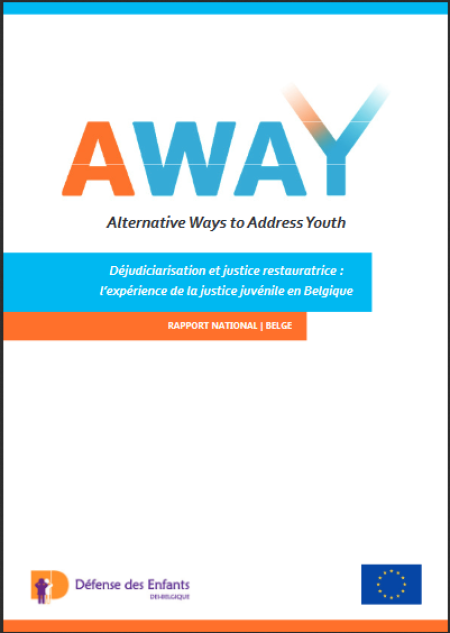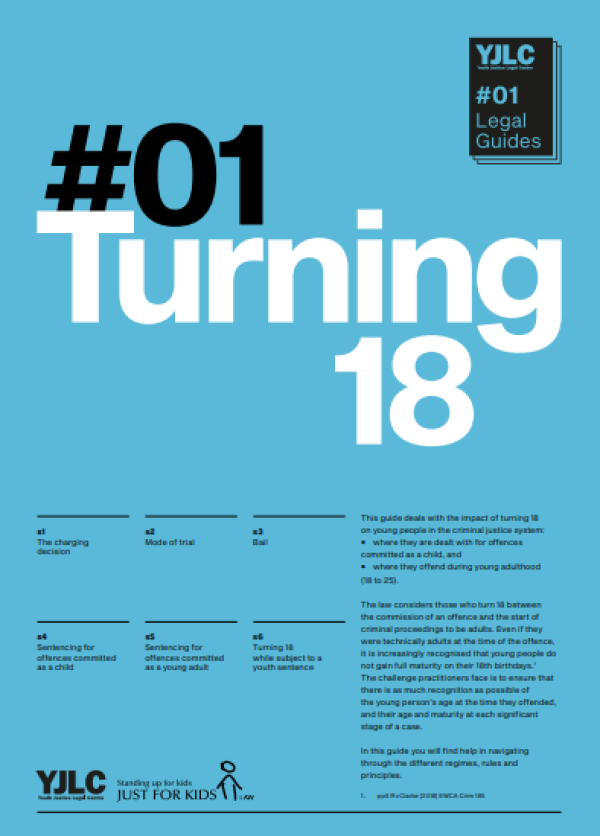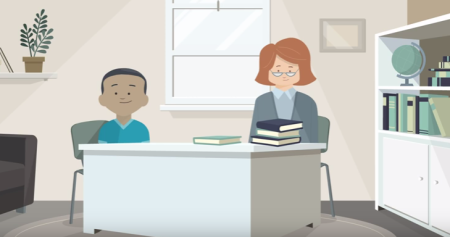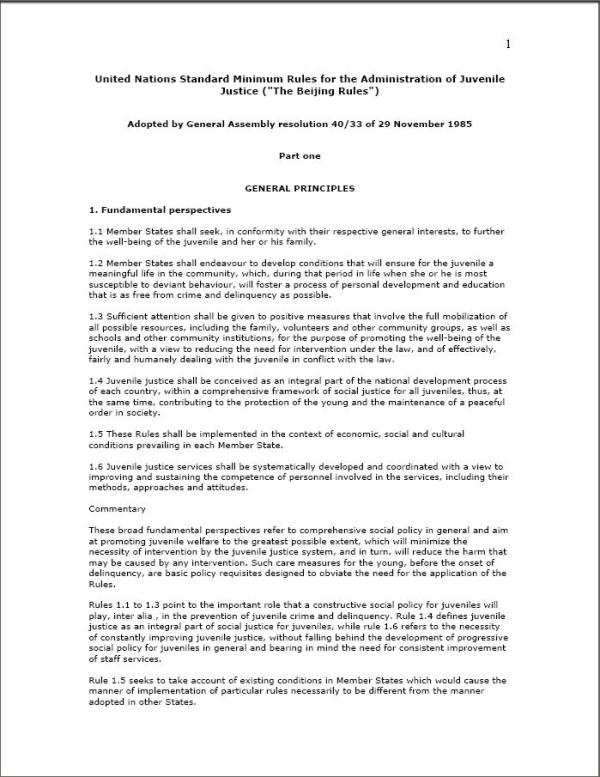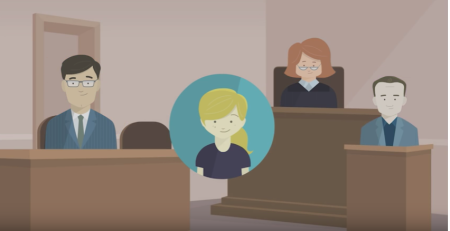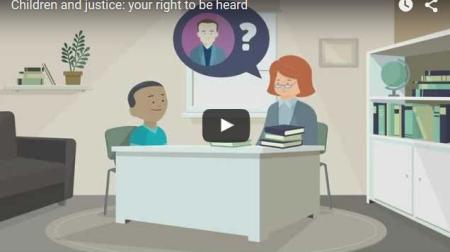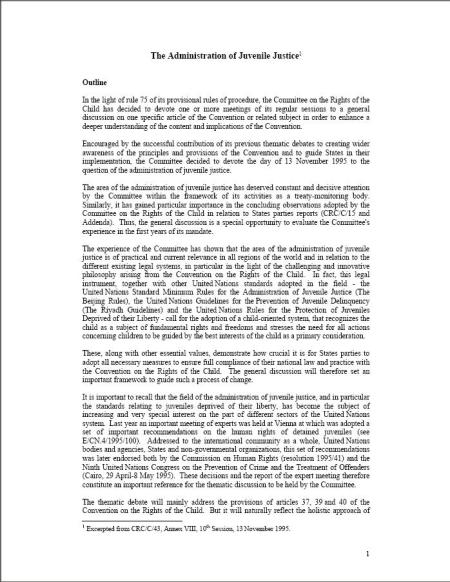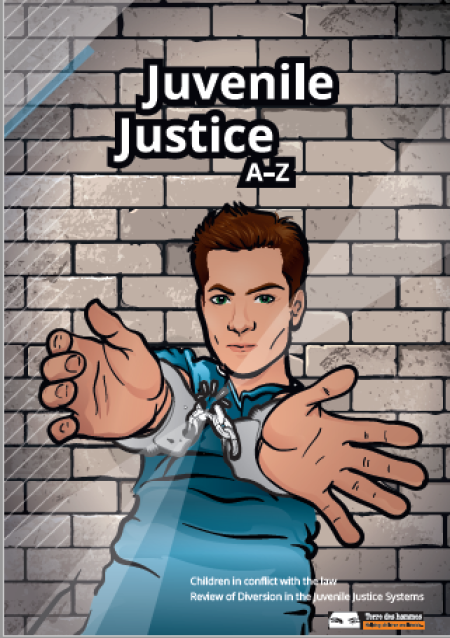
During his/her contacts with the law and the authorities applying the law, the child needs must be at the center of all attention. It is estimated that 4,000 children are in conflict (offenders) or in contact (victims and witnesses) each year in Moldova (UNICEF). All too often the interaction of the child with the police officer and the judiciary has a very negative impact on him/her. According to international law, deprivation of liberty should only be used as a last resort. In spite of the ratification of international instruments pertaining to juvenile justice, the Moldovan authorities still far too often deprive children of their liberty, frequently as a form of punishment.
A series of legal reforms are devoted to improve the situation of children and adolescents going through a judicial experience as suspects or as victims. The legal reform will only have the intended successful impact if the professionals who are applying the law are giving it due consideration and receive the appropriate advanced training.
The objective of the "An interdisciplinary approach to Juvenile Justice: Legal standards and Psychological principles" Conference and related workshops is to contribute to a better understanding by all professionals involved of how children should be viewed and treated in accordance with prevailing principles, norms and standards (best interests of the child, non-discrimination, respect for the views of the child), but also the legal corpus of the international regulations seeking to protect and improve children and their welfare.
Nowadays, Moldova is confronted with a massive parental work migration. On many occasions national professionals have pointed out the influence of parental migration and the lack of proper supervision on the increasing child delinquency in this country. What are the special needs of the children “left behind”? How can the State contribute to their wellbeing? What is to be done trying to avoid their violence? Is there a need of special treatment for this category of children when they enter the judicial system? These questions and many others will be debated during the conference and its workshops.
Who?
Judge Jean Zermatten, former Chairperson of the UN Committee on the Rights of the Child (2011-2013), President of the Juvenile Court of the Valais Canton (1980-2005), founder and Director (1985-2014) of the International Children Rights Institute, is one of the most appreciated specialists in children rights worldwide. His vast experience promoting, researching and teaching children rights will be of great value for Moldovan professionals working with children.
Prof. Philip D. Jaffé is the Director of the Centre for Children’s Rights Studies (CIDE) of the University of Geneva and a Full Professor of Psychology. He is engaged in many research projects, most recently on a rights-based approach to monitoring mechanisms of institutions where children are deprived of liberty. He is a licensed psychotherapist and a forensic mental health evaluator. Currently, while on sabbatical leave, he is a principal scientific advisor for a vast project on three continents studying children’s participation in informal justice systems.
Dr. Snejana Sulima is currently a postdoctoral fellow at the Center for Children's Rights Studies of the University of Geneva where she is studying the impact of the parental migration on the destiny of the children “left behind”. The research interests of Dr. Sulima cover mainly the protection of the children rights in the migration context. Moreover, through her research she is trying to establish the possible links between the parental migration and the increase in rates of children in conflict with the law.
What for?
The goal is to gather, for the purpose of training and exchanging, professionals dealing with legal and psychological issues pertaining to children in conflict with law and/or deprived of their liberty. Judges in Juvenile Justice, prosecutors, defence lawyers, police officers, social workers, psychologists working within the penitentiary system for children, and probation staff will be invited to interact around issues related to the effective protection of the children rights in the legal context and about the psychological effects of these experiences on children.
During two training workshops, these professionals will have the opportunity to express themselves on the difficulties encountered through the application of the new laws, also on the impact of the whole Juvenile Justice reform on the effective protection of the children rights in Moldova.
With whom?
This event will take place with the collaboration of important national and international institutions, including the Ministry of Justice of Republic of Moldova, the Department of Penitentiary Institutions, the Department of the Probation System, the General Police Department, UNICEF Moldova, the Centre for Children’s Rights Studies (CIDE) of the University of Geneva, the International Institute for the Rights of the Child, and “Terre des Hommes” (Moldova). This collaboration will undoubtedly contribute to a better understanding of the complexity and importance of the Juvenile Justice system, as well as promote respect for children, indeed each child, as unique human beings, in particular when s/he is in conflict or in contact with the law. As a State Party to international conventions and regulations, the Republic of Moldova seeks to better apply all the international norms that pertain to its young people.
- 112 views





